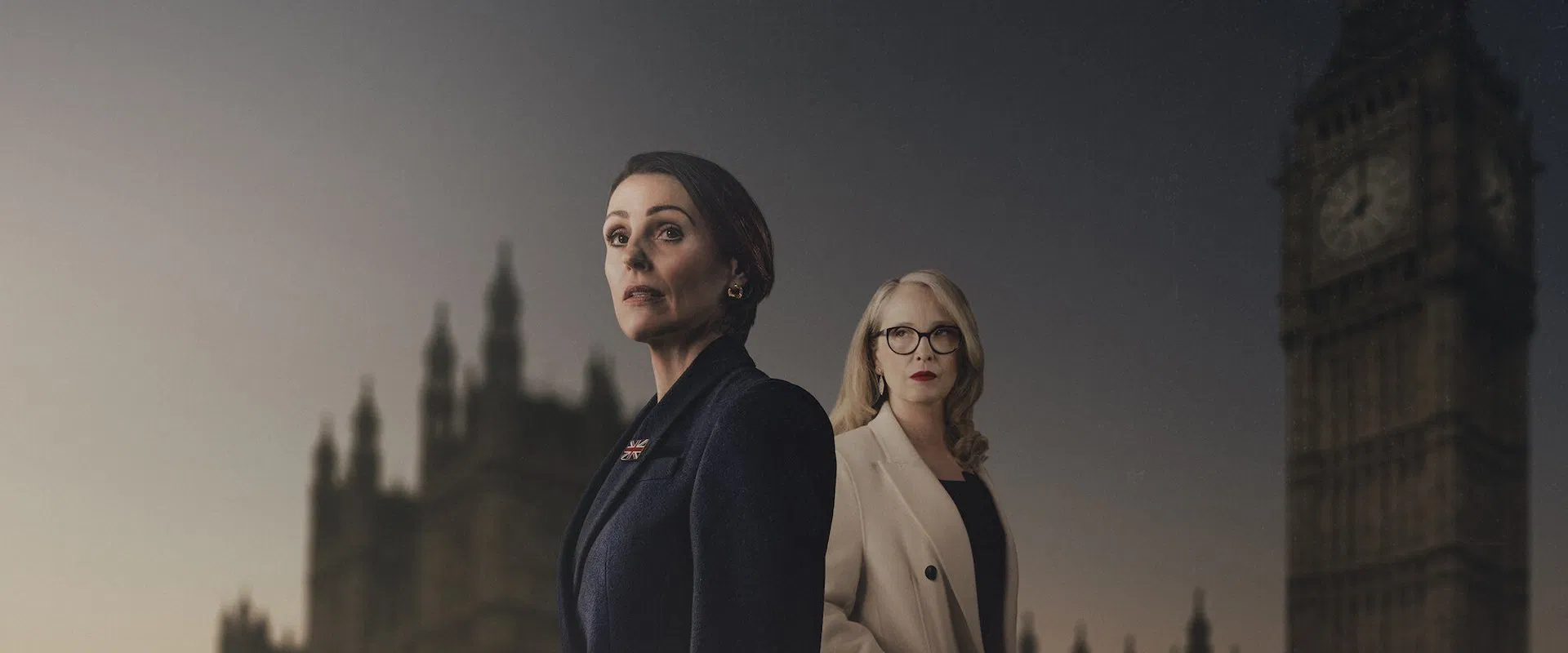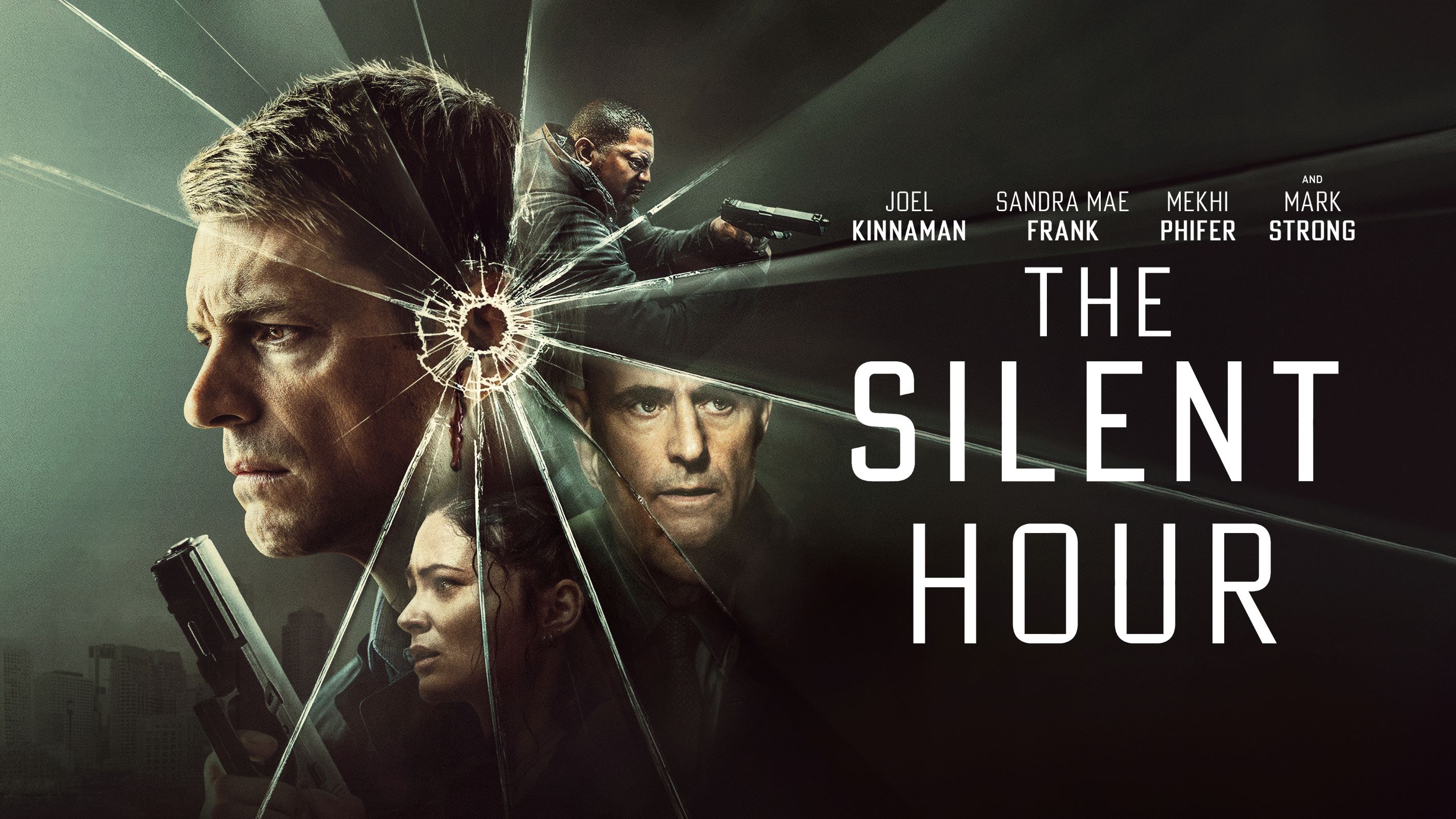“Hostage” is the kind of British miniseries that seems designed by committee to fool you into mistaking formula for craft. Its premise drips with promise: a Prime Minister (Suranne Jones) and a French President (Julie Delpy) caught in the same noose of blackmail and international intrigue, their personal and political fates entwined as the world watches. What we get, instead, is a muddled soufflé of clichés, the kind that deflates before it’s even made it to the table.
It begins respectably enough, with the show parading its political thriller credentials—the somber music, the artfully shadowed shots of Downing Street, the ever-present threat of calamity. But it doesn’t take long to see the seams: the plot machinery clanks and wheezes like it’s been hurriedly assembled the night before a deadline. The series wants us to fear some tectonic shift in British society if money is taken from the military and funneled into health care, but it can only thread its argument by making every British institution look like the local civil service panto. Downing Street’s security is so perfunctory it’s a wonder the cast doesn’t just wander into the BBC canteen mid-scene. MI6, apparently, employs exactly one operative in the whole of South America—he’s probably working freelance.
The real frustration is in the show’s logic, or its lack thereof. The prime minister vanishes at will, black-suited security detail dozing off, perhaps numbed by the script’s lack of urgency. Pharmacies across the UK shutter for want of aspirin—consequence, we’re told, of military cuts so catastrophic we’re meant to accept that the NHS has become a kind of Dickensian sickbay overnight. An international incident, explosive enough to trigger a real-life nuclear standoff, is brushed aside in the final episode as though the writers simply lost interest in finishing their own puzzle. The result is an astonishingly tin-eared stab at geopolitics: the fate of Europe hangs in the balance, but the show’s idea of tension is a poorly staged cabinet meeting and some half-hearted bickering.
Are Jones and Delpy game? Certainly—they act with as much conviction as the dialogue will allow, trying to imbue their archetypes (they’re barely characters) with any trace of internal life. But most of the ensemble is stranded in a grey sea of two-word descriptions: the Husband, the Daughter, the Soldier. Each seems to be waiting, not for their next line, but for the next plot twist to lurch them into action. No one, not even the supposed antagonists, has a motivation more complex than “save the day” or “make things worse.” Are we watching a rehearsal or a simulation?
As for the series’ political subtext—if one can call it that—it manages to be both insistent and fatuous. In trying to prove that strong welfare states are dangerous, “Hostage” constructs a world so full of institutional incompetence and plot convenience that its supposed cautionary tale about British decline feels more like an unintentional satire. It’s the political drama equivalent of those 1950s sci-fi flicks where everyone panics because the giant ants are coming, but only after the cameras have stopped rolling.
What’s most astonishing is the show’s suppressed contempt—especially when tasked with depicting France. There’s a scene so warped, so misjudged, involving the French president (Delpy) and a bit of psycho-sexual folderol, that one imagines the writer pounding his laptop with rage at having to make a French character sympathetic. It comes across less as character shading and more as a wicked little vendetta snuck into the script.
In the end, “Hostage” is not so much bad as aggressively dull, an expensive five-episode placeholder that shouts “prestige” but never earns your attention. It’s a series that frantically withholds everything until its last, limp information dump, hoping that confusion can be mistaken for depth. If you’ve never seen a political thriller, you might find the motions reassuring. For the rest of us, even the evening news offers sharper intrigue, more memorable drama, and, most likely, better acting.
If the local pharmacy closes, blame defence cuts; if the miniseries flops, blame the script. “Hostage” does both, and neither with any conviction.


